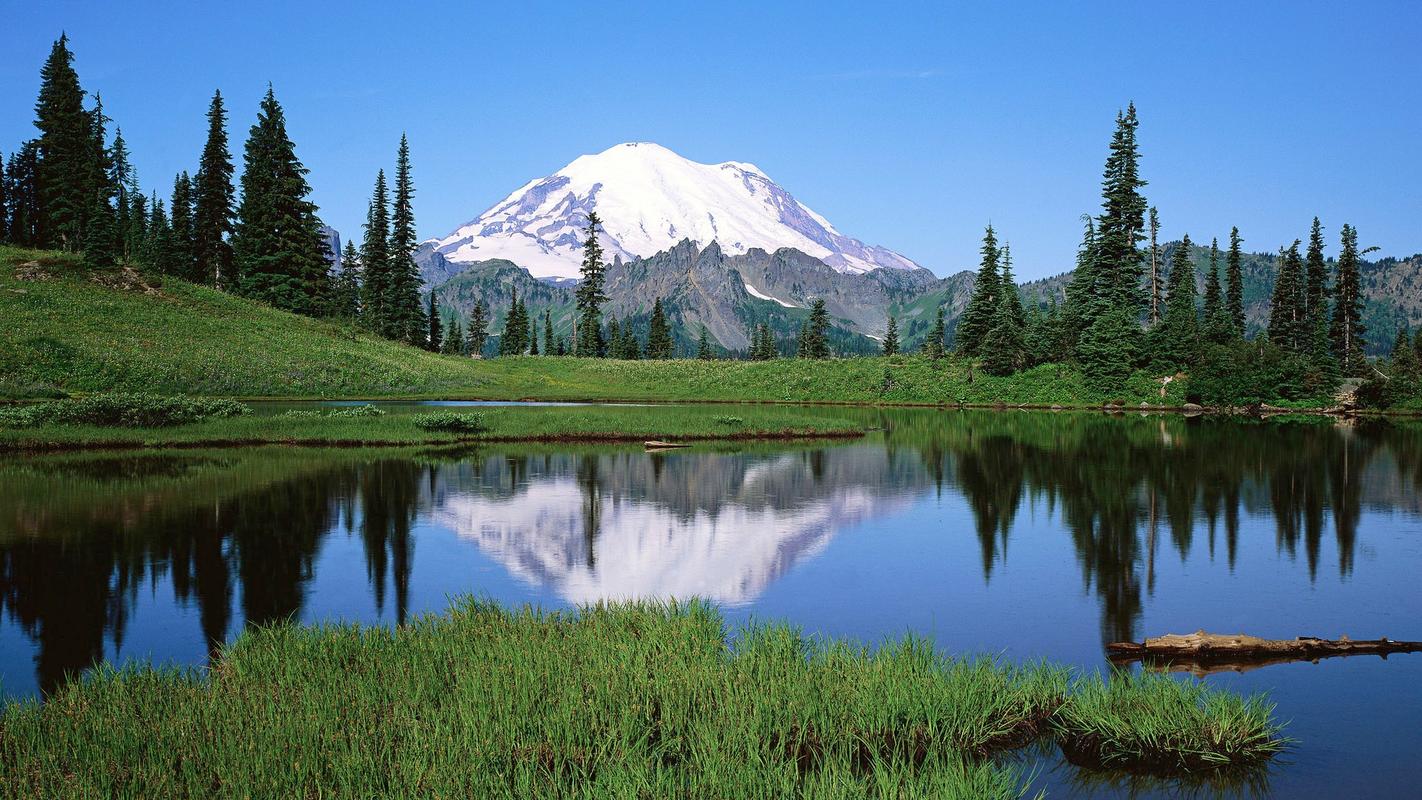Exploring the Intersection of Place and Culture through Crossword Puzzles
Crossword puzzles are a popular pastime for many people around the world. They are widely recognized as an engaging and interesting way to pass the time, but they are also much more than that. In fact, crossword puzzles can provide a unique insight into the intersection of place and culture. By examining how crossword puzzles have developed in different parts of the world, we can gain a deeper understanding of the cultural and historical forces that have shaped them. In this article, we will explore the fascinating world of crossword puzzles and their relationship to place and culture.
The Origins of Crossword Puzzles
Crossword puzzles were first created in the United States in the late 19th century. Their inventor, Arthur Wynne, published the first crossword puzzle in the New York World newspaper in 1913. It featured a diamond-shaped grid with 32 clues, which were a mix of simple and obscure words, and quickly became a sensation. Variations of the puzzle soon appeared in newspapers and magazines around the world, and crossword puzzles have been a popular form of entertainment ever since.
Regional Differences in Crossword Puzzles
While crossword puzzles may have originated in the United States, they have since been adapted to suit the cultural norms and linguistic styles of different regions. For example, crossword puzzles in Japan are often highly visual, with intricate patterns and shapes that reflect Japanese artistic traditions. In Brazil, crossword puzzles are often filled with colloquial expressions and playfully flirt with the traditional linguistic rules. French crossword puzzles, on the other hand, usually contain more difficult puns and references, and often rely on knowledge of French literature and culture. These regional differences in crossword puzzles provide a unique insight into how different cultures value and use language.
The Role of Crossword Puzzles in Culture
Crossword puzzles have played a significant role in popular culture over the years. They have been featured in movies, television shows, and even used as plot devices in literature. But what do crossword puzzles say about our culture? The fact that crossword puzzles are such a popular form of entertainment shows that we place a high value on intellectual stimulation and mental agility. They also reflect the importance of language and communication in our society. By working on a crossword puzzle, we are not only engaging our minds, but also deepening our understanding and appreciation of language and culture.
The Future of Crossword Puzzles
As technology advances, it’s always interesting to wonder what the future of crossword puzzles looks like. Will they remain a traditional pen-and-paper activity, or will they be adapted to new mediums such as virtual reality or artificial intelligence? Whatever the future holds, it’s clear that crossword puzzles will continue to be an important part of our cultural landscape. They will continue to provide a fun and challenging way to engage with language and culture, and offer a unique perspective into the intersection of place and culture.
Conclusion
Crossword puzzles are more than just a fun way to pass the time. They are a reflection of our culture, history, and values. By exploring the regional differences in crossword puzzles around the world, we can gain a deeper understanding of the way different cultures use and appreciate language. Whether you’re a crossword puzzle enthusiast or not, there’s no denying the important role these puzzles have played, and will continue to play, in our collective cultural identity.
(Note: Do you have knowledge or insights to share? Unlock new opportunities and expand your reach by joining our authors team. Click Registration to join us and share your expertise with our readers.)
Speech tips:
Please note that any statements involving politics will not be approved.
